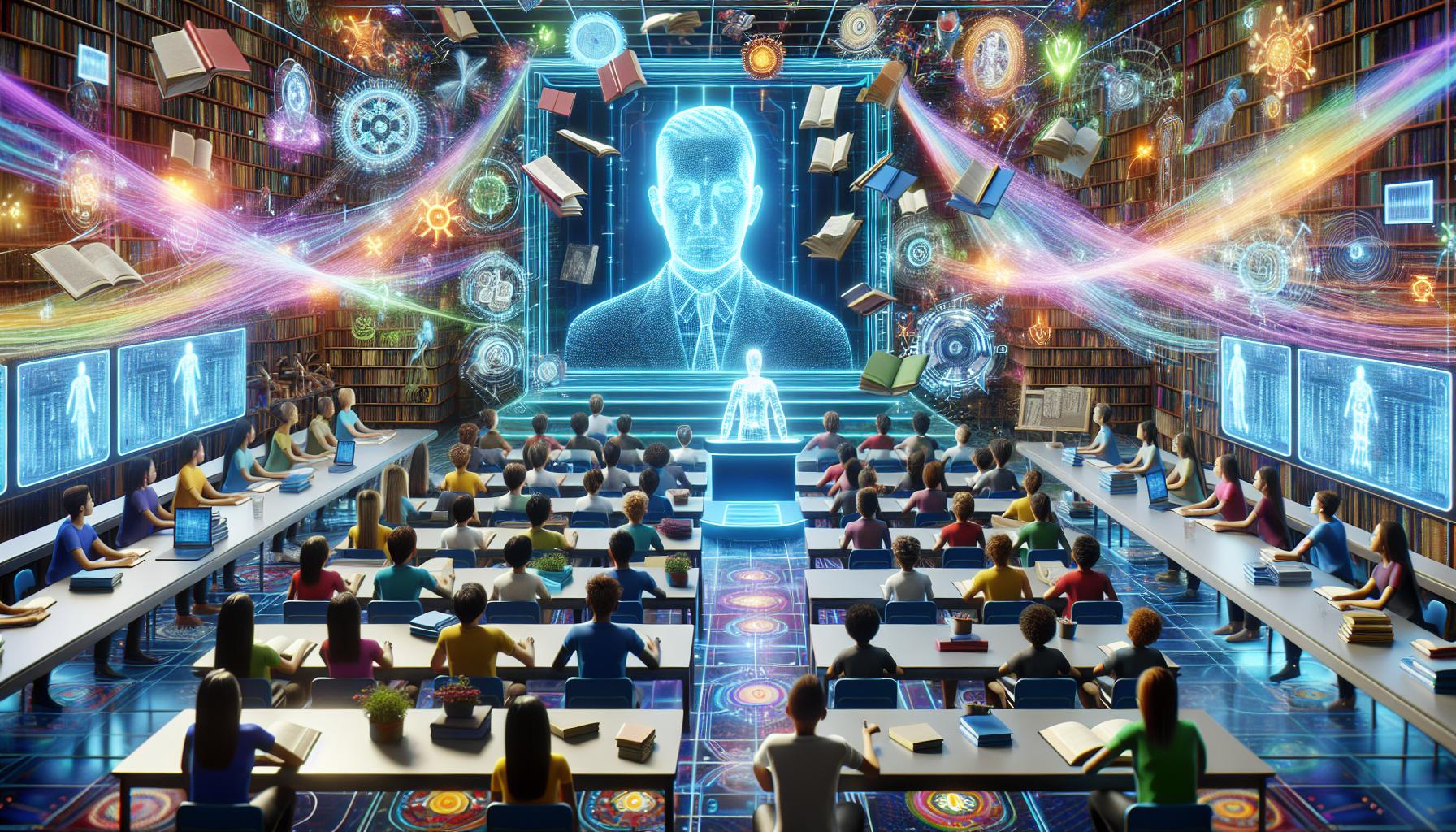Can Technological Advances Improve Happiness in the Face of Inequality and Low Growth?
In developed countries where income inequality and low economic growth continue to be pressing issues, can technological advancements offer a potential solution to enhance overall happiness? According to Abhijit Banerjee, a Nobel laureate and professor at the Massachusetts Institute of Technology (MIT), investing in artificial intelligence (AI) for education could be the key to preparing for a future where jobs may be replaced by technology.
Public Investment in AI for Education: A Path to the Future
Banerjee advocates for increased public investment in AI-powered education as a means to address the challenges posed by automation and artificial intelligence. He emphasizes the need for proactive measures to ensure that individuals are equipped with the skills and knowledge necessary to adapt and thrive in an evolving job market.
Preparing for the Impending Job Losses
As technology continues to advance at an unprecedented rate, concerns about job displacement and unemployment loom large. Banerjee suggests that investing in educational programs focused on AI can help mitigate the negative effects of job losses and facilitate a smoother transition for workers into new roles that may emerge as a result of technological advancements.
The Role of Education in Adapting to Technological Changes
Education plays a vital role in shaping the workforce of the future. Banerjee emphasizes that by leveraging AI technology to enhance educational opportunities, individuals can acquire the necessary skills to effectively navigate a rapidly-changing job landscape. A forward-looking approach to education will empower individuals by equipping them with the expertise required to fully benefit from technological advancements.
Addressing Income Inequality through Technological Solutions
Income inequality poses significant challenges in developed countries. Banerjee suggests that embracing AI in education can help bridge the economic divide by creating equal opportunities for all individuals, regardless of their socio-economic background. By investing in AI-driven educational initiatives, governments can bridge the skills gap and provide individuals from all walks of life with the tools they need to succeed in an increasingly digitized world.
Overcoming the Limitations of Low Economic Growth
Low economic growth is a persisting concern in many developed nations. Banerjee argues that focusing on AI in education can have a positive impact on overall growth and productivity. By equipping individuals with AI-related skills, countries can foster innovation, increase productivity, and drive economic growth, ultimately steering nations out of the stagnation caused by low growth.
In conclusion, Banerjee’s advocacy for public investment in AI for education underscores the importance of preparation for a future that is expected to see extensive job losses due to technological advancements. By embracing the potential of AI and leveraging its capabilities within educational programs, individuals can enhance their skills and adapt to an ever-changing job market. Additionally, these investments have the potential to bridge income inequality and propel economic growth, leading to a more prosperous and fulfilling future for all.
Analyst comment
Positive news: The article discusses Abhijit Banerjee’s advocacy for public investment in AI for education as a means to address income inequality, low economic growth, and job losses caused by technological advancements. This suggests that by embracing AI technology in education, individuals can acquire skills to adapt to a rapidly changing job market, bridge the economic divide, and drive economic growth. As an analyst, one can expect the market for AI in education to grow as governments and educational institutions invest in AI-driven initiatives to prepare individuals for the future.













